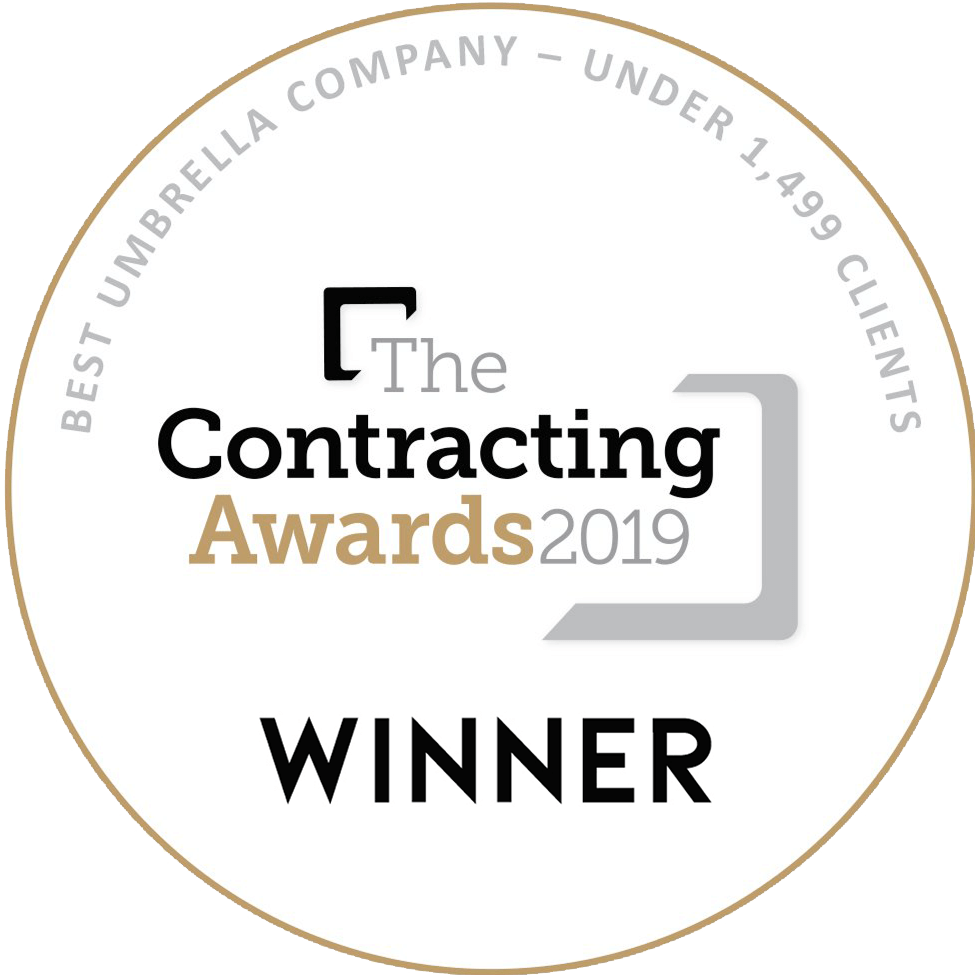Getting Started in IT contracting
In 2018 REC announced demand was at an all time high for IT contractors and to match day rates had increased too as there is a lack of availability of skilled workers. Making the move to contracting can seem daunting but with the right help and advice it’s actually very straight forward.
Why make the move to IT contracting?
The number one reason permanent employees decide to make the move to contracting is the financial benefits. As you will be an expert in your field, you should be able to demand much higher day rates, then that of a permanent employee. This is only fair though as you won’t have the same job security and your end client won’t have the same tax liabilities for you and nor will they need to worry about paying you holiday pay or sick pay.
Advantages and disadvantages of contracting
Other benefits include:
- Freedom of being your own boss
- Choosing the contacts that interest you
- The chance to build your skills up quickly
- Choosing the hours you work
However there are some risks with making the move such as;
- Your income isn’t guaranteed, there may be gaps between contracts
- If you’re sick you won’t be paid
- You will not be entitled to employee benefits such as a pension, and staff training.
Starting out as an IT Contractor
Congratulations you’ve decided to make the move to IT contracting, the first thing you’ll need to conduct some market research. This is to ascertain whether your skill set is desirable in the current market and to decipher the contract rate you will be able to command. A multitude of factors will impact your rate, such as:
- Your skill set
- Amount of experience
- Strength of the general economy
- Location of the role
- If working through an recruitment agency, the amount of commission charged.
Finding a contract as an IT Contractor
Once you’ve decided to make the move to start contracting you’ll need to start looking for that all important first contact. There are a number of different routes that you can take when finding contract work. These include:
- Using a contract job board
- Apply directly to a recruitment agency
- Recommendations from contacts in the industry
- Transfer from permanent to contract with your existing employer
- LinkedIn jobs
A few helpful tips to help you on the way are:
- Update your CV and make it look as professional as possible and ensure that you are prepared for interview.
- We recommend looking at both permanent and contract work, some companies may want to hire a contractor in the interim period of looking for a permanent employee. Send CVs to as many relevant companies as possible to improve chances of securing a role.
- Be prepared that the work may not be as consistent as in permanent employment, so this may mean that there are sustained periods where you are not being contracted.
- Make sure you ensure that you are actively marketing yourself whilst working. Network with other contractors and market yourself online, through channels such as LinkedIn.
Example of day rates as an IT Contractor
We recommend you take a look at https://www.itjobswatch.co.uk/, this website can be very helpful with setting day rates. Some examples of current day rates are:
- Agile Software Development – £500 per day
- Head of mobile – £1,000 a day
- SAP Programme Director – £975 a day
How should I work? Limited vs Umbrella
Once you have secured your contract you will need to decide if to work through your own limited company or through an umbrella company. This is completely up to you and depends on a number of factors such as:
- Is the contract for more than 3 months, or do you expect to contract afterwards?
- How much admin would you like to do a month?
- Do you expect to take home over £25,000 a year?
Umbrella employment
Umbrella employment is ideal if you think you will be contracting for a short period of time, you expect to take home less than £25,000 in the year or you just prefer to be hands off with the admin. If you decide to use a umbrella company, your income will be processed in exactly the same way as permanent employment (via Pay-As-You-Earn). The process to be paid would be as follows:
- You will submit your timesheet to Contractor Umbrella
- Your agency or end client will then be invoiced and payment will be received.
- Contractor Umbrella will then be responsible for processing your payslip and deducting the relevant taxes, including income tax and national insurance.
Limited company
Becoming a limited company director is likely to more tax efficient for you if you expect to be contracting for over 3 months, your take home for the year will be over £25,000 and you don’t mind doing 30 minutes admin a month. The benefits of going limited include:
- Being able to tax plan, for example you could register for the Flat Rate VAT Scheme or withdraw dividends.
- Usually you’re are still able to claim expenses
If you would like to know more about going limited we recommend you speak to our sister company Dolan Accountancy by calling 01442 795 100 or email jaime.thorpe@dolanaccountancy.com.
Signing up to Contractor Umbrella
If you have decided umbrella employment is perfect you and you’d like to sign up to Contractor Umbrella then please feel free to call us on 01206 591 000 or alternatively, email sophie.lewis@contractorumbrella.com or simply complete the form below and someone will come back to you shortly.






